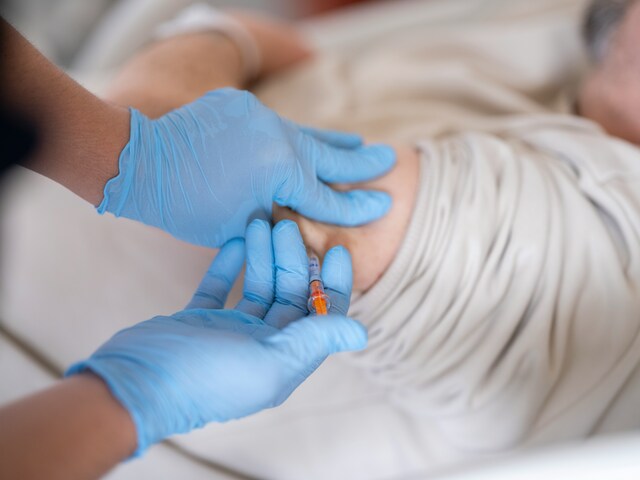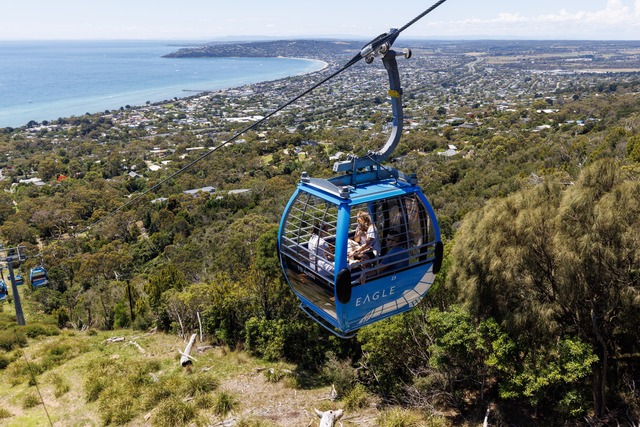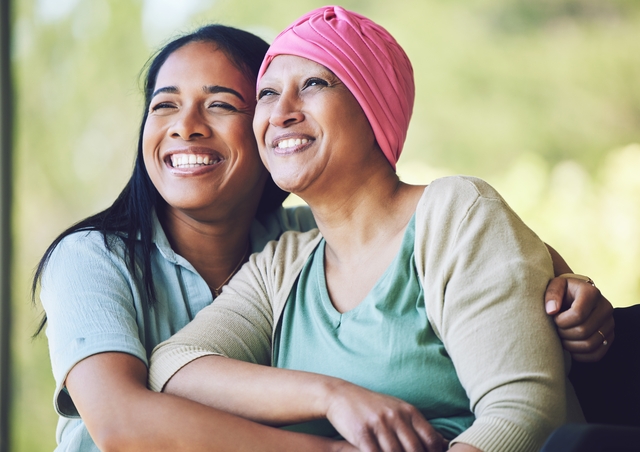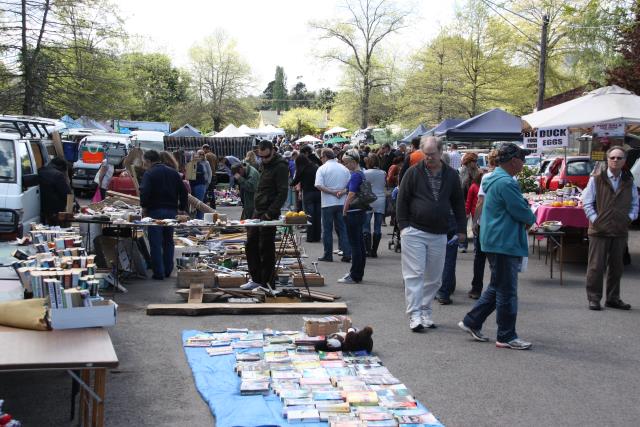Emerald resident John received a call from his doctor nearly two years ago urging him to come in for immediate testing, as his previous results had been concerning, and the new tests confirmed that he had myeloma which is blood cancer.
September is cancer awareness month and it’s the most significant month of the year for the Leukaemia Foundation and Australian blood cancer community in terms of raising awareness and educating people on the impacts, what it is, the signs and symptoms, and who to turn to for support if you or a loved one are diagnosed.
The Leukaemia Foundation has found that blood cancers combined is the second highest cause of cancer related deaths in the country making blood cancer one of the nation’s most deadly cancers.
70-year-old John had spent the last few years of his life as a long-distance truck driver and as a single parent, he dedicated himself to raising his two daughters on his own.
“I was having regular blood tests because I had many strokes, and one day while I was working, my doctor called and said I needed to come in immediately, I didn’t quite believe her at first, but I stopped the truck and went to see her, they sent me to Ferntree Gully Hospital, but they couldn’t figure out what was wrong with me because I wasn’t showing any symptoms,” he said.
“But then they sent me to Box Hill, they did some blood tests, and then they told me, you’ve got cancer – it’s filled up your bone marrow.”
“I was then told I have approximately 12 months to live.”
According to Leukemia Foundation, in Australia, 53 people are told daily that they have blood cancer or one person every 27 minutes.
Additionally, 17 people will lose their battle with the disease with blood cancer claiming the lives of more than 6000 people each year.
An estimated one in 12 Australians will be diagnosed with blood cancer in their lifetime – that’s equivalent to eight per cent of the Australian population and of those diagnosed, one in three Australians will not survive five years after their diagnosis.
John had almost expected this disease given that he had three negative markers in his DNA, which he knew were concerning, he spent three and a half months in the hospital and has also experienced a stroke, despite the challenges given, he faced them with resilience.
“The first hospital I was admitted to, they tried to do everything for me, but in the end, I changed hospitals because there was a trial going that I got into, and at the moment, it’s doing me really well – I’ve got knee issues, but that doesn’t stop me,” he said.
John received the devastating news just two weeks after his daughter’s wedding, at the time, he was struggling with knee pain that made it difficult for him to walk, but he had no idea that the situation was so serious.
“I have a particularly good survival technique, because I’ve kept alive while I’m doing all this chemo,” John said.
“Considering I should be dead, but I’m not and I see some people can’t get on to trials that I’m on because they’ve got other things wrong with them as well, I’ve worked pretty hard all my life, and it’s been relatively physical work, I’m really lucky to get to this stage, been under the care of St Vincent’s, and they’re looking after me really well.”
“My father died of cancer; I think I’ve been very lucky at this age to hit the modern age of medical science.”
John currently lives in his home in Emerald with his dog, when he has to go to the hospital, which he does at least twice a week, his good mate takes care of his dog.
“I’ve lived a really interesting life, and I was doing all right.”
“I’ve done a lot of different things in life – cattle in the outback, which was really good, I’ve been a dairy farmer, really good as well and I’ve been a wool blender, and they all suited me when I wanted to.”
While things have been tough since he’s been diagnosed but it’s not insurmountable, he said.
“I’m doing really well, and I’ve never been in pain, I’ve just felt crooked at times, and I’ve always been working up until my diagnosis,” he said.
“If you trust the medical system, which I did, and I’m prepared to trust them again; medical science is just absolutely amazing and even though I’ve eaten a lot of chemo, I still say that.”
John is focusing on the moments and the small things in life rather than counting the days.
“The best thing is that I’ve got to see my grandson,” he said.
“I know it’s tough, but you have to keep going, I have a lot to live for and many things that keep me motivated.”
He said like everyone, he had made his share of mistakes throughout his life, but he has no regrets.
And he looks forward to spending quality time with his family and taking his 19-month-old grandson to swimming lessons.







